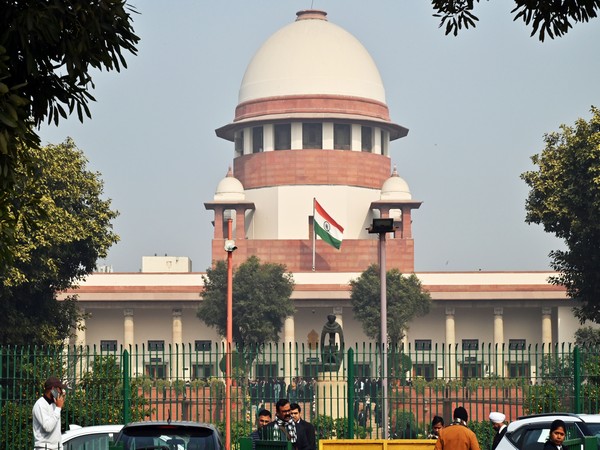SC Raises Concern over Failure to Meet Timelines in Judicial Officer Recruitment
The Supreme Court has criticized the slow recruitment process for judicial officers, noting that only nine states have completed hiring within the prescribed timeframe. The Court emphasized the importance of adhering to deadlines and being transparent in the selection process, especially in Bihar and Gujarat. To improve efficiency, the Court recommended setting clear rules for mark moderation, designating interview panels, and providing a syllabus outline for examinations. The Court also suggested establishing a designated authority for candidates to address concerns and provide clarity.

- Country:
- India
The Supreme Court on Monday deplored that despite having prescribed a time frame for recruitment of judicial officers only nine out of 25 states completed the induction of civil judges within the stipulated time.
The top court had mandated a time frame to be followed for filling up the vacancies in district and subordinate courts. The process was to commence on March 31 and end by October 31 of the same year. However, the schedule was moderated at the request of several high courts.
“The recruitment process must adhere to the timeline but if there is any special and unavoidable exigency, the stakeholders should be kept informed with due promptitude,” a bench comprising justices Hrishikesh Roy and Prashant Kumar Mishra said.
The top court made the observations in a judgement by which it upheld the rules stipulating the minimum qualifying marks in viva voce as part of the selection criteria for appointment of judicial officers in Bihar and Gujarat.
“A report of the Supreme Court’s Centre for Research and Planning notes that despite the judgment in Malik Mazhar (supra) prescribing timelines for recruitment, only 9 out of 25 states completed the recruitment of Civil Judge (Judge Division), within the stipulated time frame. The report notes that the State of Bihar took 945 days to complete the recruitment process from the date of advertisement (March 9, 2020) to the date of final result (October 10, 2022),” it said.
The top court had in its judgement emphasised the importance of having a time schedule for conducting the judicial service examinations.
Referring to the facts of the instant case, the bench said “...for the Bihar selection process, the advertisement was issued in January, 2015; the final selection was made on May 17, 2016, and because of the need to do a few course corrections, the last candidate was called for the interview only in August, 2016.” Similarly, for the selection of civil judges in Gujarat, while the advertisement was issued in 2019, the selection process could be completed only in 2021, it said.
To avoid the “meandering process noticed in the recruitment in the State of Bihar and to ensure more clarity and certainty with the process”, the bench declared that the processes such as those for moderation of marks should be preferably set out in the rules to ensure transparency and avoid dilemmas in the selection process.
“The moderation of marks for bonafide reasons should be permitted when the authority needs to do so, to address the issue of non availability of adequate number of candidates for consideration in the interview segment,” it said.
Issuing a slew of directions, it said as a confidence building measure, the designation of those on the interview panel could also be provided for, appropriately, in the relevant rules.
The absence of a designated authority that candidates can approach has been flagged in a report, it said, adding “As this appears to be a valid concern, the concerned High Court should notify a designated authority for a given recruitment process with clearly defined roles, functions and responsibilities.” “The candidates can approach such a designated authority to seek clarification in case of any doubt and this would assuage the anxiety of the candidates to a considerable extent,” it said.
The bench said there was another suggestion for providing a basic outline of the syllabus for the proposed test which will also help candidates from diverse backgrounds to plan and prepare for the examination even before it is notified.
“To enable all the stakeholders to take consequential steps pursuant to the above directions, this judgment should be brought to the notice of the Chief Justices of all the High Courts,” the judgment said.
(This story has not been edited by Devdiscourse staff and is auto-generated from a syndicated feed.)
ALSO READ
Delhi: 3 held for duping Bihar-based people on pretext of providing confirmed railway tickets
At Bihar rally, Modi highlights Godhra incident to emphasize opposition's alleged appeasement policies
PM Modi at Bihar rally: Congress seeks to offer Muslims reservation from OBC quota
PM Modi Accuses RJD of Appeasement Politics During Bihar Rally
PM Modi Alleges RJD of Past Land Grabbing and Job Allocation Practices at Bihar Rally










